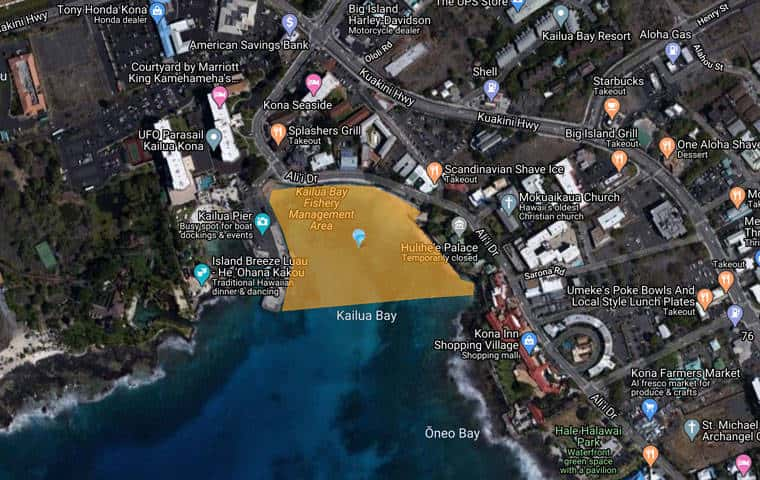The Hawaii State Department of Health Clean Water Branch has issued an advisory after around 20,000 gallons of sewage entered Kailua Bay due to a broken sewer line on Ali'i Drive near Sarona Lane. State DOH says it has posted signs warning people to stay out of the bay until further notice, and that they are collecting water quality samples.
A big question is, can either workers or swimmers or passersby who may have encountered the sewage spill on Saturday morning, July 11, contract COVID-19? It's known that exposure to sewage in water can cause anything from rashes to gastrointestinal diseases, or worse. But can people exposed catch the very contagious COVID-19? The CDC says no.
But we wanted to ask a local expert, and spoke with Dr. Scott Miscovich. Dr. Miscovich has been involved with COVID-19 testing and COVID-19 patients since the outbreak in Hawaii began.
On O'ahu, the City and County of Honolulu is testing wastewater at each of the island’s 9 wastewater treatment plants, and the idea is to see how much COVID-19 becomes present as the island’s businesses open up and as tourists begin to return to the island. The wastewater was tested as a baseline before businesses started opening up. The data won’t be household-specific, but would indicate a trendline that might warrant additional COVID-19 testing in a community. It also is a backup because people without symptoms may never go in for COVID-19 testing but may still be shedding the virus. For that story, and what the City and County's Chief Resilience Officer, Josh Stanbro, said, click here.
Dr. Miscovich, in a conversation with New West Broadcasting's Sherry Bracken, said it is highly unlikely anybody swimming who minimally came in contact with the sewage could contract the virus (though he said he wouldn't actually go swimming in it, now that it's clear it's there). But he said he had some concern for those workers who were engaged in cleaning up the spill for several hours, and would have them tested at least once and likely more than once.
Dr. Rick Bennett, PhD, is a wastewater expert, and involved with advocating for keeping Hawaii County's waters clean. He echoed Dr. Miscovich that the sun, the UV rays, would fairly quickly disperse any virus or bacteria in the ocean water as a result of the spill. He also said that studies have shown that workers in wastewater treatment plants do not get sick as a result of working with the wastewater. But the environment is not in great shape when such things happen.
We recorded with Dr. Miscovich and with Dr. Bennett on Sunday morning, July 12, 2020.
Posting date: July 12, 2020
